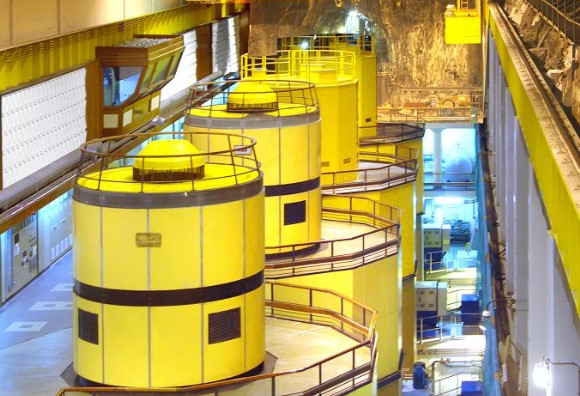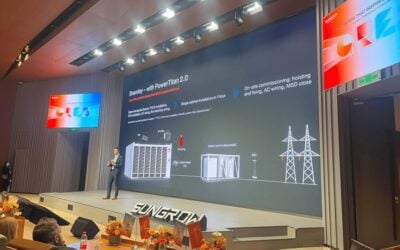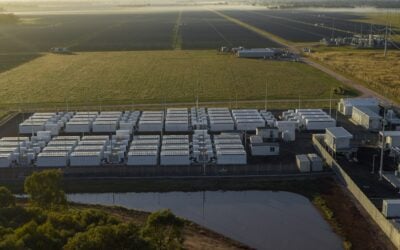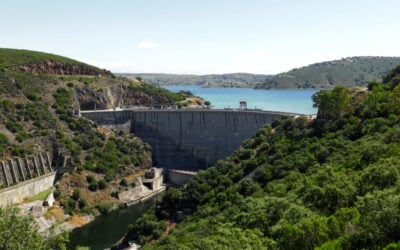
The UK’s House of Lords Science and Technology Committee released a report yesterday (13 March) determining that the government must make “major decisions about future energy infrastructure”.
The Long-duration energy storage: get on with it report highlights that the government must “act fast” to ensure long-duration energy storage (LDES) technologies can scale up and contribute to the decarbonisation of the electricity system. This target is a mere 11 years away.
Enjoy 12 months of exclusive analysis
- Regular insight and analysis of the industry’s biggest developments
- In-depth interviews with the industry’s leading figures
- Annual digital subscription to the PV Tech Power journal
- Discounts on Solar Media’s portfolio of events, in-person and virtual
Or continue reading this article for free
The Committee which published the report is among a number of select committees set up by the House of Lords, the upper house of the UK Parliament which is independent of the elected House of Commons. The committees are appointed to examine and explore general issues affecting the country.
In a bid to support the technology, the Committee’s report outlined that a coordinated effort is needed to unlock investment in LDES and to ensure a strategic reserve of storage is delivered both to achieve net zero and to protect the UK from future energy supply shocks, a perspective shared by various members from across the energy industry.
One of the biggest questions raised by the energy industry in response to the government’s consultation on LDES technologies was the decision to exclude lithium-ion batteries from the LDES business model. For example, battery developer-operator Field’s COO, Luke Gibson, stated that excluding lithium-ion technology at a 6-hour duration “should be reconsidered”.
The report also discussed this topic, with the Committee stating that one of the most significant barriers to LDES technologies has been a greater focus on lithium-ion batteries. It said, “One of the key barriers is that there is still too much focus on lithium-ion”.
Whilst the Committee has welcomed the government’s recent reforms to the energy system, such as committing to delivering a Strategic Spatial Energy Plan, the report raises concerns that it is unclear who will be responsible for implementing this plan or how future energy supply crises will be managed.
To read the full version of this story, visit Current.






